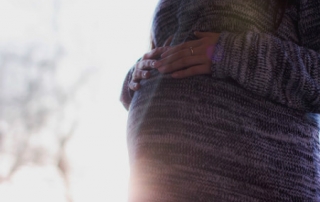Does Estrogen Affect Antidepressant Efficacy? Data from the STAR*D Study
We previously reported on studies suggesting estrogen may be helpful for the treatment of depression in peri- and post-menopausal women, either alone or in combination with an antidepressant. In addition, other studies have suggested that older, postmenopausal women may respond more poorly to antidepressants than premenopausal women. Two recent studies attempt to better understand the impact of reproductive hormones on clinical presentation and treatment response of depression in women.



